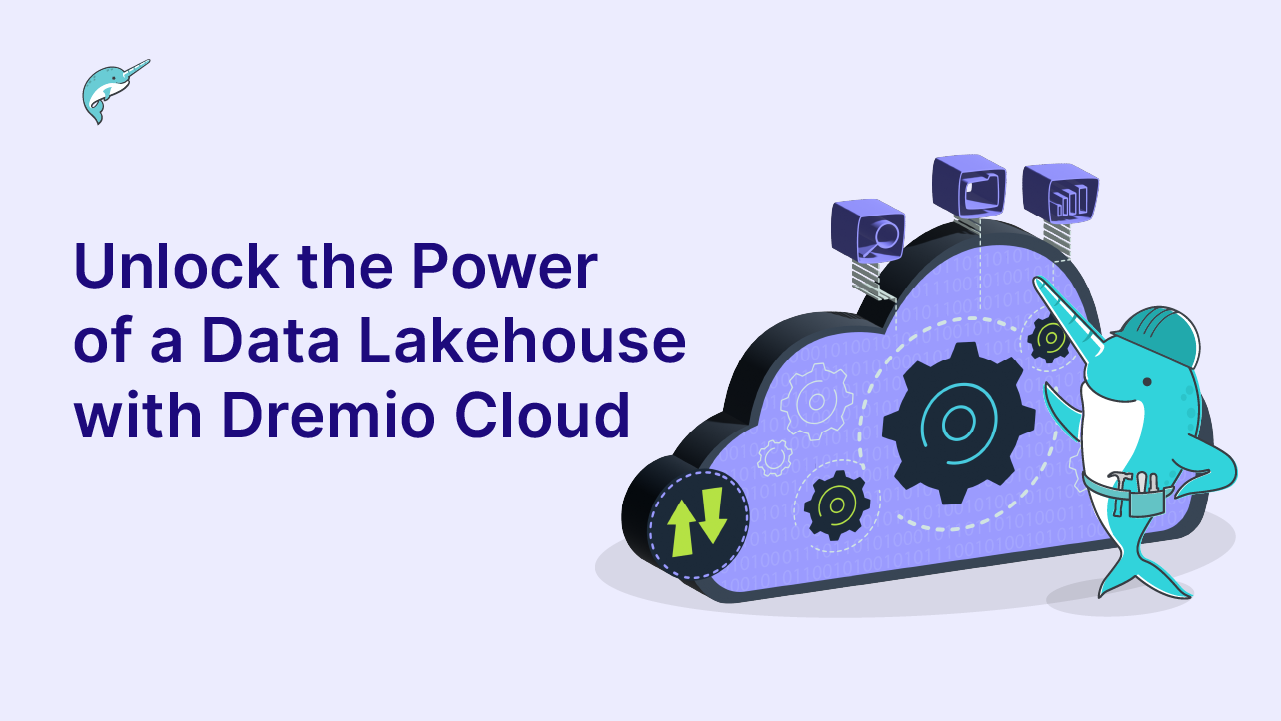
Query Engine as Code with HashiCorp
Session Abstract
Provision Dremio with HashiCorp TerraformWenn es um ihre Daten geht, entscheiden sich Unternehmen immer öfter für Data Lakes als Kernelement Ihrer Datenstrategie. Aufgrund der Skalierbarkeit, niedrigen Kosten und Hochverfügbarkeit sind diese Storage-Systeme geradezu prädestiniert für große Datensätze jeder Art. Allerdings, Analysen und Abfragen direkt auf den Daten in einem Data-Lake sind schlicht zu langsam und auch die Bereitstellung von teils komplexen Applikationen nimmt häufig viel Zeit in Anspruch.Dremio revolutioniert den Zugriff auf den Data Lake mit den OpenSource-Technologien um Apache Arrow. Damit sind blitzschnelle Abfragen direkt auf die im Data Lake gespeicherten Daten möglich. Data Warehouses, ETL-Prozesse, Cubes und Extrakte werden überflüssig Analysten und Konsumenten werden durch den Semantic-Layer in die Lage versetzt via Self Service benötigte Daten intuitiv zu finden und direkt auszuwerten ohne im Vorfeld eine teure Entscheidung über Datenauswahl oder -aggregation zu treffen. DEPLOY, QUERY, DESTROY!Genau hier setzt HashiCorp an – den Lifecycle von Ressourcen hunderter oder tausender unterschiedlicher Applikationen bzw. Workloads als einheitlichen Workflow abzubilden. Terraform ist das weltweit am häufigsten eingesetzte Tool zur Infrastruktur Provisionierung mittels Infrastructure as Code (IaC). In diesem Webinar zeigen wir, wie einfach sich komplexe Applikationen wie Dremio mittels Terraform automatisiert und reproduzierbar erzeugen lassen. Dadurch wird der Lifecycle der benötigten Ressourcen automatisiert und ganzheitlich gemanaged.
